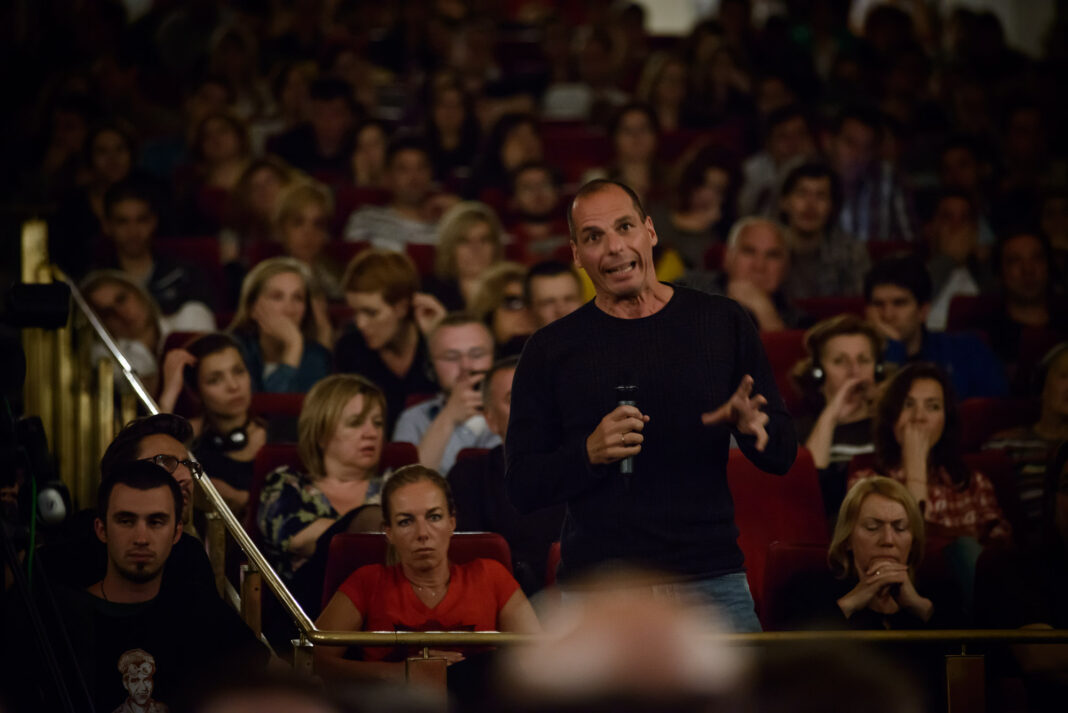A review of Technofeudalism – What Killed Capitalism? by Yanis Varoufakis.
What word or definition best reflects the times in which we live? The Information Age? The Anthropocene? The Second Axial Age? Should we define the period along geological, cultural or technological lines?
Those living in past times would not have known of their existence in historiographical terms. People living in the medieval period, for example, would have been unaware of the label, given that it was first used after the historical period had ended.
In the recently published Technofeudalism – What Killed Capitalism? Yanis Varoufakis views the emerging age through the lens of economics.
Technofeudalism — an oxymoron, surely. How can two seemingly contradictory ideas be yoked together? Not only does Varoufakis address the question in his book but, in so doing, covers a broad sweep of economic history ranging from the enclosure of common land in the medieval period to the present day and by reference to the ‘Technostructure’. The distinguished economist JK Galbraith coined the word to describe the economic model developed by a new capitalist class in the aftermath of the second world war whose aim was to motivate consumers to buy their products. The post-war technostructure spirit is personified in the character of Don Draper, one of the “Mad Men” who made their living selling the American Dream in the award-winning TV show of the same name.
Varoufakis claims that “Somebody killed capitalism. We have something worse.” He uses the language of feudalism to explain just what this ‘something’ is. He suggests we now have digital “fiefs” that extort “cloud rent”. Capitalists are being replaced “cloudalists”, like Jeff Bezos of Amazon, who don’t produce capital but charge rent by taking a cut from every sale without producing anything themselves.
In order to be competitive, capitalists now sell their products via large platforms like Amazon, Facebook and Apple and use social media for advertising. These platforms he sees as modern-day fiefdoms where the capitalists, as modern-day vassals, pay rent.
As consumers we are, in Varoufakis’s view, now mere “Cloud Serfs” blissfully unaware that all our online activity is benefitting the new “cloudalist” class who have power and control over us in the same way that the feudal lords had in the past.
Are we going back to the future or are we, in a less felicitous phrase, going forward to the past?
Varoufakis’ analysis of the new economic landscape will not convince everyone. The highly controversial approach taken when he was the Greek finance minister during the country’s 2010 debt crisis hit a wall of opposition and led to his resignation from the government.
Far from being a dry economic tome Varoufakis illustrates his analysis and argument with reference to historical figures like Hesiod and Aristotle as well as a monster he calls ‘The Global Minotaur’. This economic behemoth reared its head in his 2011 book of the same name in which he argued that, since the 1970s, the United States has voraciously consumed surplus capital from the rest of the global economy.
As someone who has often struggled with the complexities and contradictions of economic theory I found Varoufakis’ approach accessible and eminently thought-provoking.
Image Credits: Robert Crc https://commons.wikimedia.org/wiki/File:Yanis_Varoufakis_on_Subversive_Festival.jpg Free Art Licence https://en.wikipedia.org/wiki/Free_Art_License.



